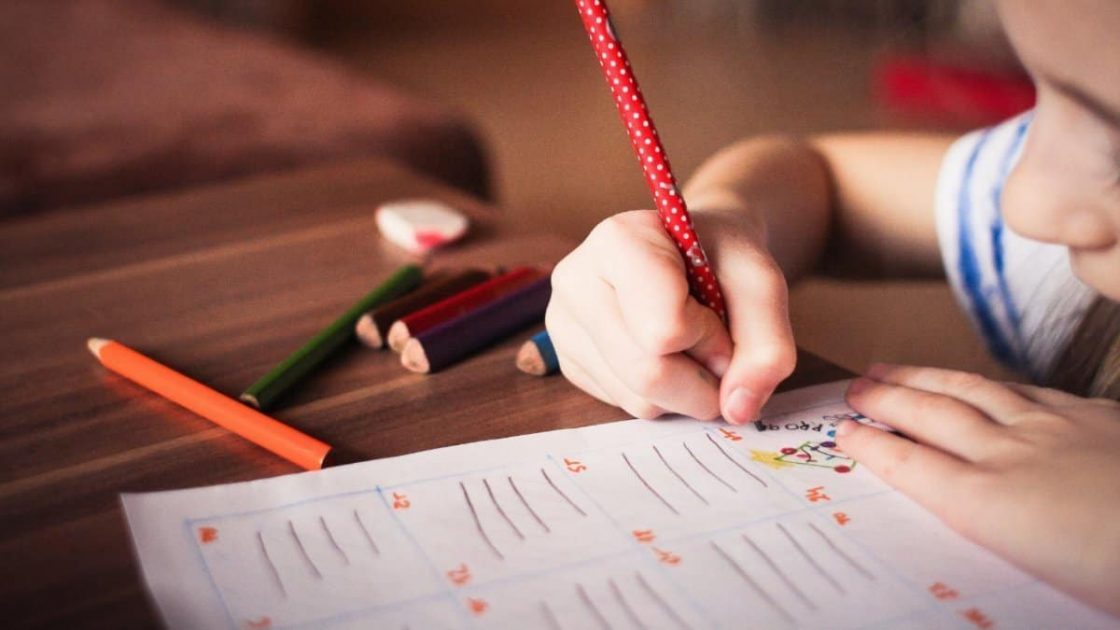The end of the school year often signals to the summer-eager students around the country that they now have months of free time to do anything they want, free from homework, studying, and sitting at desks. While they may not need to adhere to these exact obligations, three months without continuing any kind of academic study can have a negative impact on a child’s progress.
Yet, children deserve a break from the rigorous routine of school and their hard studies. How can you set up your children to match — or exceed — the nation’s leading state in Advanced Placement (AP) achievement, which is an average of 3.03 out of 5 in Maryland, while still giving them a fun-filled summer? The key is to keep them learning in innovative ways all summer long. Let’s take a look at a few of the most engaging activities you can do with your kids this summer to keep their brains and bodies active.
1. Word Jar
This is a vocabulary-building activity that your kids can participate in from the beginning of summer to its end. Simply fill a jar with many pieces of paper that have a different word on each of them. Make it a part of your kid’s daily routine to draw a word from the jar. You can then ask them to define the word, challenge them to use it throughout the day, or both.
With a word jar, you can easily cater the new vocab words to your child’s grade level while adding new words throughout the summer to continue building their vocabulary. With the average American spending an average of eight and a half hours in front of a screen every day, even this seemingly small opportunity for learning is crucial. If you have multiple children in different grades, personalize each jar with a decorative name tag and match the difficulty to their reading level so that everyone can continue to develop intellectually.
2. Backyard Olympics
Provide an opportunity for your children and their friends to get physical and mental exercise by hosting a mini-Olympics event in your backyard. For the physical portion, set up challenges like jumping hurdles, running laps, and tossing frisbees. For those with a pool, whether its made with aggregate or fiberglass finishes that last between five and 25 years or a glass tile surface that stays in pristine shape almost indefinitely, you can set up a portion of the Olympics in the pool. Any type of pool will be able to give the kids the room they need to show off their nautical talents.
The mental portion of the Olympics can be a series of puzzles, math problems, or word games. At the end of the different challenges, you can award prizes and medals for the top contenders. The incentive to win a medal or a small gift card will encourage the kids to train for certain events by practicing puzzles or getting outside to exercise.
3. Trip Planning
If your family is going on vacation this summer, get your older children involved in the planning process. Teach them how to use a map to find the cities you’re visiting and the best tourist locations. They can also learn how to estimate distances this way. If you’re traveling by plane or train, have them check the departure schedules and calculate costs to find the best deal. If you’re driving, they can still practice their math skills by figuring out how many gallons of gas you will use and how much it will cost.
Not only does this activity test their math abilities, but it also helps them develop practical skills like comparing costs to fit within a budget and using a map. The latter is especially important, as it can ensure that your children are able to find something like a medical facility when they need it and be in the 97% of patients who are in the right place for their treatment when they visit an urgent care center. Even though most smartphones have GPS capabilities nowadays, electronic devices can fail and your child should know what to do if left without a phone.
It’s all too easy to disregard your children’s academic needs during the summer. Between fun activities like family cookouts and obligatory tasks like going to the dentist for a cleaning and examination every six months, it can seem as if there’s no time for summer learning. By incorporating activities both big and small into your summer schedule, you can provide those educational opportunities without sacrificing the fun of summer. Whatever you do, remember to keep it engaging and lighthearted. It is summer vacation, after all.







